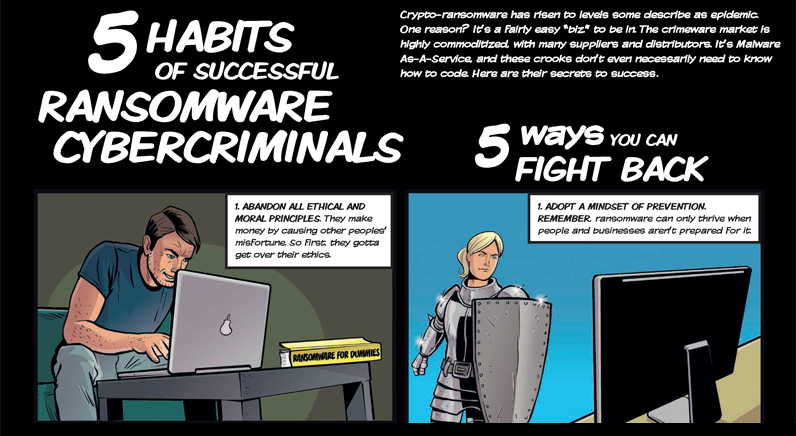1 in 4 parents’ online security compromised by children’s actions
Norton research reveals protecting children online is weighing heavier on parents than ever before
Dealing with online risks is a family affair; recent global research from Norton found that nearly all parents (89%) in the UK worry about their children’s safety online – in particular that they will give too much information out to strangers (44%) and that their online actions will have repercussions for the entire family (36%).
In fact, one in four parents indicate their child’s actions have compromised their family’s online security, such as downloading malware onto the family computer or responding to online or email scams. On Safer Internet Day 2016, Norton underscores the crucial role parents play to make the internet a safer place for their children.
“Many parents see their children as the ‘weak link’ in the family’s online security,” said Nick Shaw, vice president, Norton. “The internet can be a valuable resource for children’s development, and parents play a critical role in educating their children about safe internet behaviors. They should have an open dialogue about online experiences encountered and establish house rules on Internet usage.”
According to the Norton Cybersecurity Insights Report, 38% of UK parents surveyed claim their child has experienced online crime, including being cyber bullied, downloading malicious software and falling for phishing messages. In fact, parents believe the chances of their children being bullied online (54%) are more likely than getting bullied at school (46%).
On Safer Internet Day 2016, Norton shares some of the simple measures we can adopt to help children stay safe online, including the use of strong and unique passwords across all accounts and establishing “House Rules” for online communication and information sharing. Parents should encourage young people to think before they click, whether they’re looking at online video sites, receiving an unknown link in an email or even browsing the web and seeing banners or pop-ups.
Tips on how parents can keep their children safe online:
1. Parents should teach young children to use strong and unique passwords across all their accounts and never to share passwords, even with their friends.
2. Parents should create a set of House Rules for their children for online communication, downloading, websites they access, and cyber harassment. A decrease in negative online experiences is closely linked to households where there is an open dialogue with children about online safety.
3. Discuss the risks of posting and sharing private information, videos, and photographs, especially on social media websites with children – everything posted online is a digital footprint for children and can be challenging to completely erase. Parents need to ensure kids are not posting content that will compromise their security or will regret when they got older.
4. Children are likely to imitate their parents’ behaviour, so they should be taught how to safely surf online and lead by example to provide them with a positive role model.
5. Kids need to be encouraged to think before they click – whether they’re looking at online video sites, receiving an unknown link in an email or even browsing the web and seeing banners or pop-ups, remind your child not to click links which may take them to dangerous or inappropriate sites. Clicking unknown links is a common way people get viruses or reveal private and valuable information to criminals.
6. A robust and trusted security software solution should be used in all household devices – from tablets to smartphones, laptops and desktops.
[su_button url=”http://uk.norton.com/norton-blog/2015/11/7_ways_to_help_keep.html” target=”blank” style=”flat” background=”#df2027″ color=”#ffffff” size=”10″ radius=”0″ icon=”icon: arrow-circle-right”]Click here to visit the Norton blog[/su_button]


















